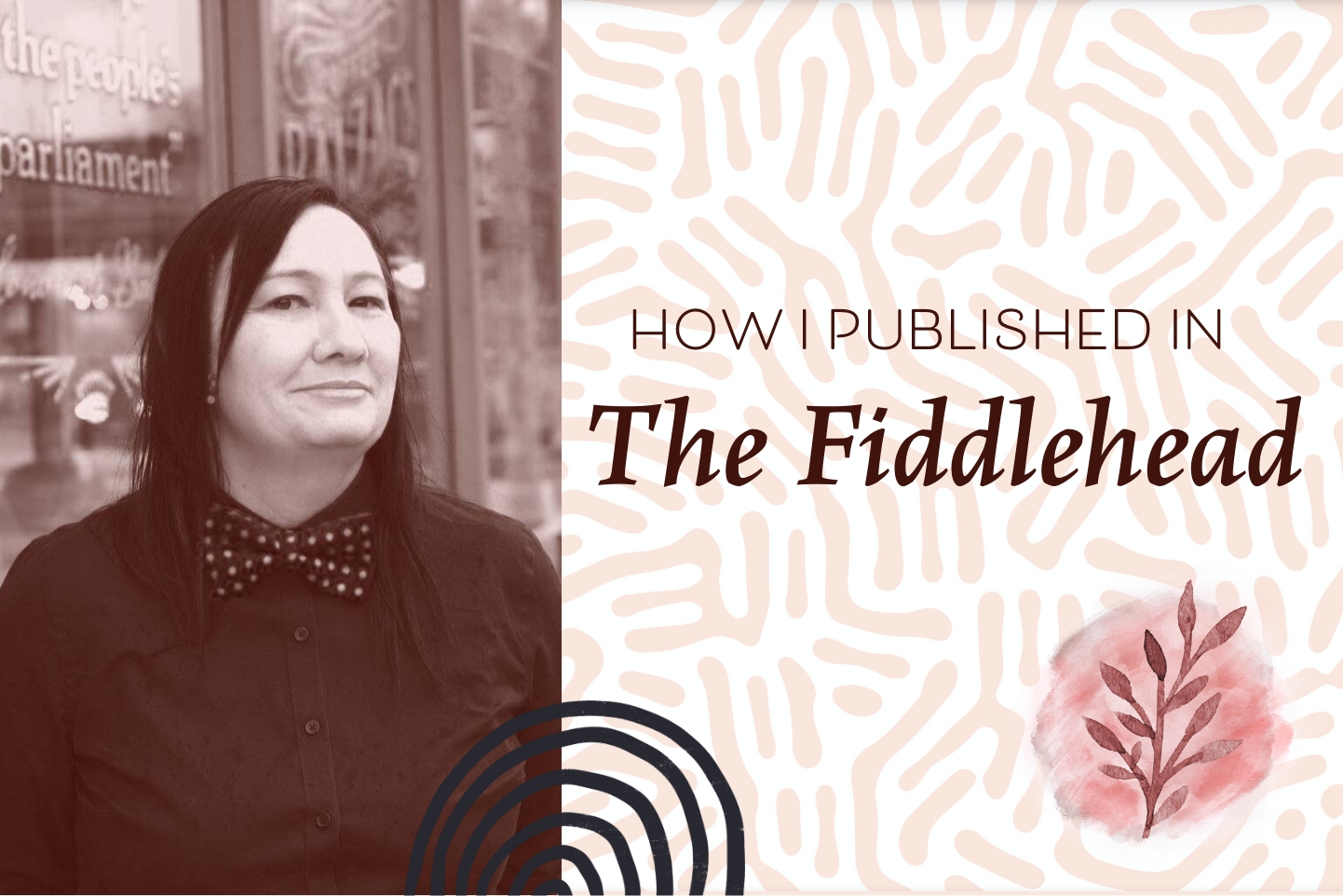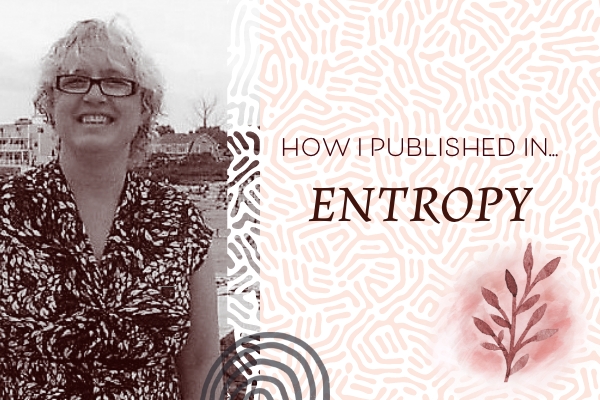One morning as I was staying with my in-laws’ in Cairo, I woke up to the sound of what I thought were screams. I turned to my partner and found him also awake and was surprised to find his expression sad and not startled or fearful.
“Someone has died,” he explained.
I learned the “screams” were keening—prolonged, high-pitched wails of grief. A family a few doors down had lost a loved one in the night.
I come from a less expressive, much more buttoned-up culture, where a stiff upper lip was encouraged, as was getting on quickly with things. Big sounds and emotions were stifled, often with a stern warning to stop making a display for the neighbours.
Yet, as a highly sensitive person, I always yearned for a place to express my feelings and observations. Once with a childhood counsellor, I drew a portrait depicting myself as a bottle. The bottle was full of wild and wavy emotions and swirling ideas; it was topped with a giant stopper, keeping everything inside.
I’m an empath — someone who feels things deeply. When the keening waved in through the window, I felt the pain in their cries in my heart as I lay there in bed. But I can’t wail. Not now. Not ever. And not just because it would be insensitive and inappropriate (which, of course, it would be), but because my voice doesn’t come in the form of sound-waves.
Befitting a quiet person who internalized messages of getting-on quickly and not making a big scene, my voice is in my writing.
Writing is where I express my hidden thoughts and feelings; some I’m unable to say aloud, and many I don’t even know I have until they come out on the written page.
Without writing, I feel voiceless. I am high-pitched screams surrounded by glass.
And having a voice is essential to a good life. It allows us to connect with others and get what we need. The effect of the keening on our household in Cairo was to call on my sister-in-law, who went to support that family down the street with comfort and food.
I wonder if you’re the same way—if you have found your voice in writing.
In what might be the limits of my empathy, I struggle to understand what writers mean when they say they can’t find their voice. Because, for me, this is the only voice I truly have.
In my view, finding a voice in your writing is simple: speak the truth of your life.
To this end, I thought I’d share an exercise that I’ve used in my courses. The following is for you if you’re feeling like you don’t have a voice, if you’re thinking of giving up on writing, or if you feel like you’re forgetting what you’re here to write.
Exercise for Finding Your Voice as a Writer
Step 1: In your notebook, on a scrap of paper, on a whiteboard, or post-it note, write down one question about your writing. Your question might be, What am I here to say? Or, What urgent truth is calling me to write about it? Whatever you do, find a question that will wake up the most true-hearted themes and kernels of ideas that lie within you.
Step 2: Once you write your question down, do nothing. Go about your day. Just make sure your schedule contains periods when your mind is free. Let the answer to your question bubble up as you wash dishes in silence. Allow your mind to wander when you take a walk (without headphones). Stay a little longer under the covers in the morning (before eyeballing a bright screen). Take a long, quiet bath.
What will happen? I don’t know about your brain, but mine loves to answer questions. I expect that as you go about your day, your brain will work to answer this question for you. The more energy you can free up where you aren’t multitasking, the clearer an answer you’ll get.
Why search for truth and urgency? Being a writer requires revealing raw truths about the human condition (in any genre). Sometimes emerging writers will avoid the more urgent work that is calling, even demanding that you write it. Knowing what calls your heart to write requires deep self-knowledge. (So, therapy, mindfulness, or regular morning-pages practices will also help guide you to your most truthful and urgent work.) Knowing what you’re here to write will also keep you going when you feel like you don’t have a voice or you had better keep quiet.
If you’re not ready to go down whatever avenue opens up in this exercise yet, it doesn’t mean you’re not a writer or that you can’t write urgent, truthful work. Even the most fearless writers will put distance between themselves and their most difficult experiences before writing about them. The important thing is to find the truth you’re here to write about, and to keep exercising your voice in your writing.





